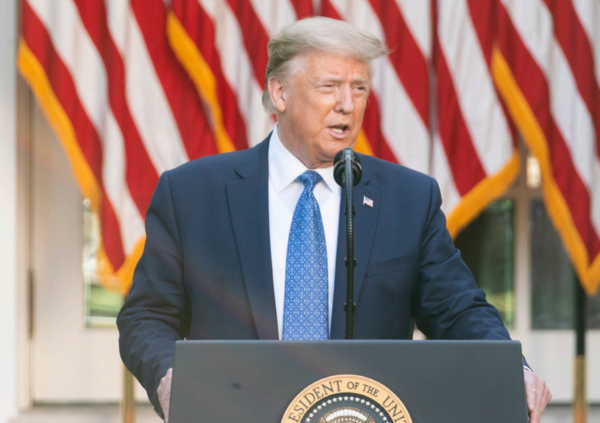In an unexpected turn of events, the U.S. Bureau of Labor Statistics reported a significant drop in wholesale prices, marking the largest decrease in five years.
The Producer Price Index (PPI), which tracks the average changes in selling prices received by domestic producers, fell by 0.5% in April.
This decline represents a notable shift in the economic landscape, as it is the first drop since October 2023.
The data reveals that, although producer prices have risen by 2.4% compared to last April, this growth is a sharp reduction from the 3.4% year-over-year increase recorded in March.
Economists had anticipated a rise in producer prices for April, making this decline particularly surprising.
Among the various categories, service prices experienced a notable reduction, declining by 0.7%, the largest drop since the index was established in December 2009.
Additionally, wholesale food prices decreased by 1%, driven largely by a dramatic 39% drop in egg prices.
This economic news comes as a relief for the Trump administration, coinciding with a report from the Labor Department indicating that inflation has reached its lowest level in four years.
The consumer price index showed an increase of just 2.3% from April 2024, marking the smallest annual gain since February 2021.
Despite these positive indicators, some analysts remain cautious.
There was widespread expectation that tariffs imposed on imports from China, as well as on steel and aluminum, would lead to increased prices for various consumer goods.
Surprisingly, the opposite trend has emerged, with costs for clothing and new cars declining rather than escalating.
While many economists continue to predict that the effects of President Trump’s tariffs will eventually lead to price hikes for consumers, the current data suggests a more complex economic scenario.
Walmart, one of the largest retailers in the country, has indicated that it may soon raise prices due to these tariffs.
As trade negotiations progress, the economic forecasts may evolve further.
The administration’s efforts to renegotiate trade agreements could alter the trajectory of prices, potentially alleviating some pressure on consumers in the months ahead.
The recent decline in wholesale prices presents a paradox in the current economic climate, challenging previous predictions and prompting a reevaluation of the impact of tariffs and trade policies.
As businesses navigate these changes, the implications for consumers and the broader economy remain to be seen.
[READ MORE: Hamas Releases Israeli-American Hostage After Mediation From Trump]












